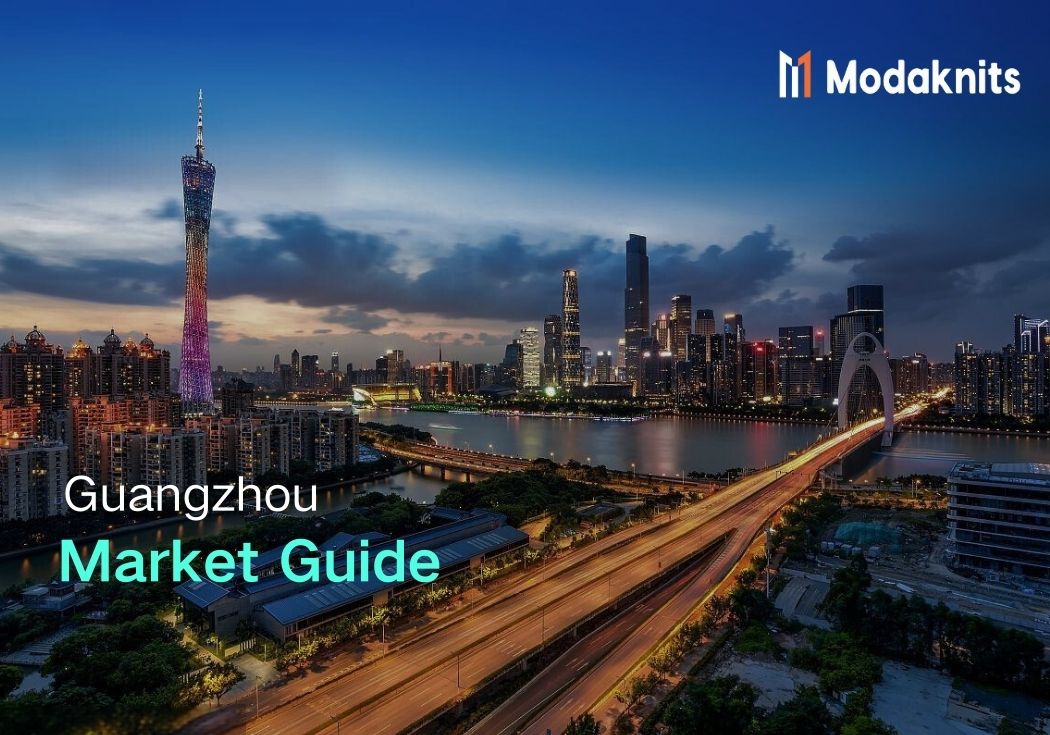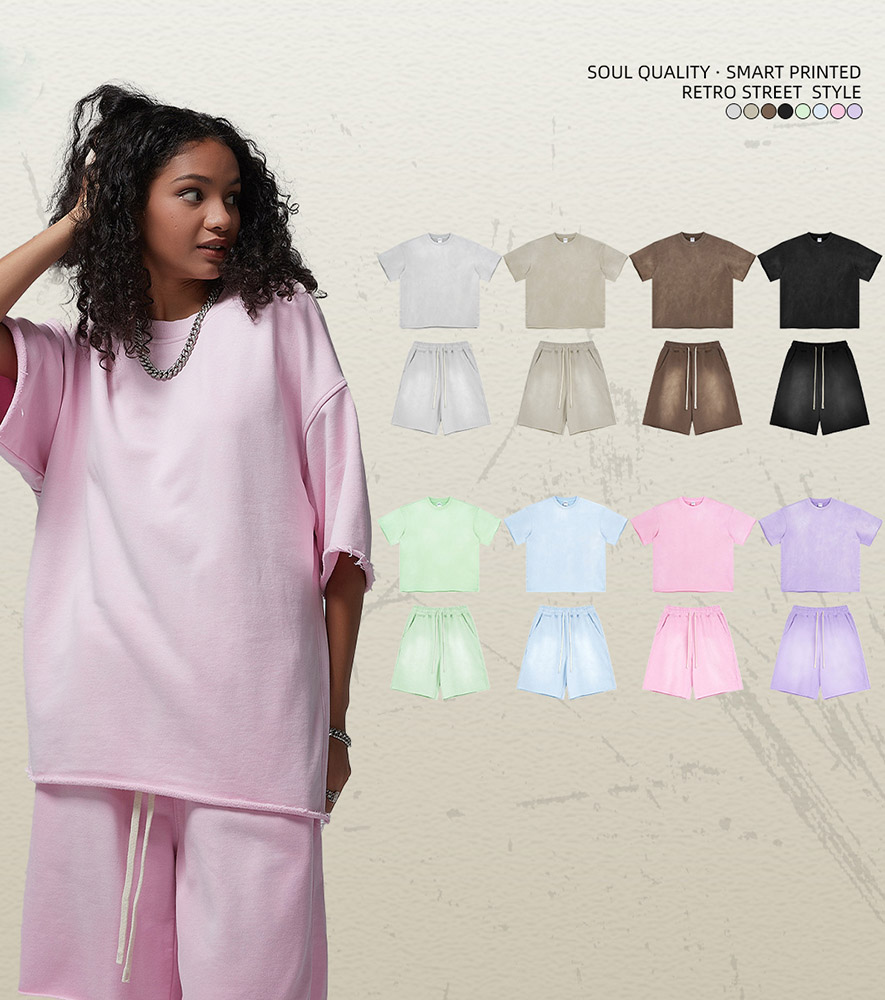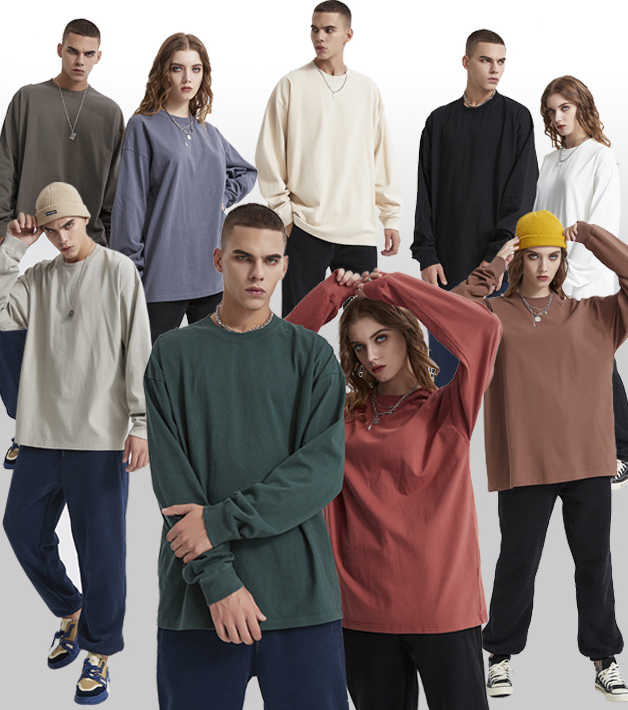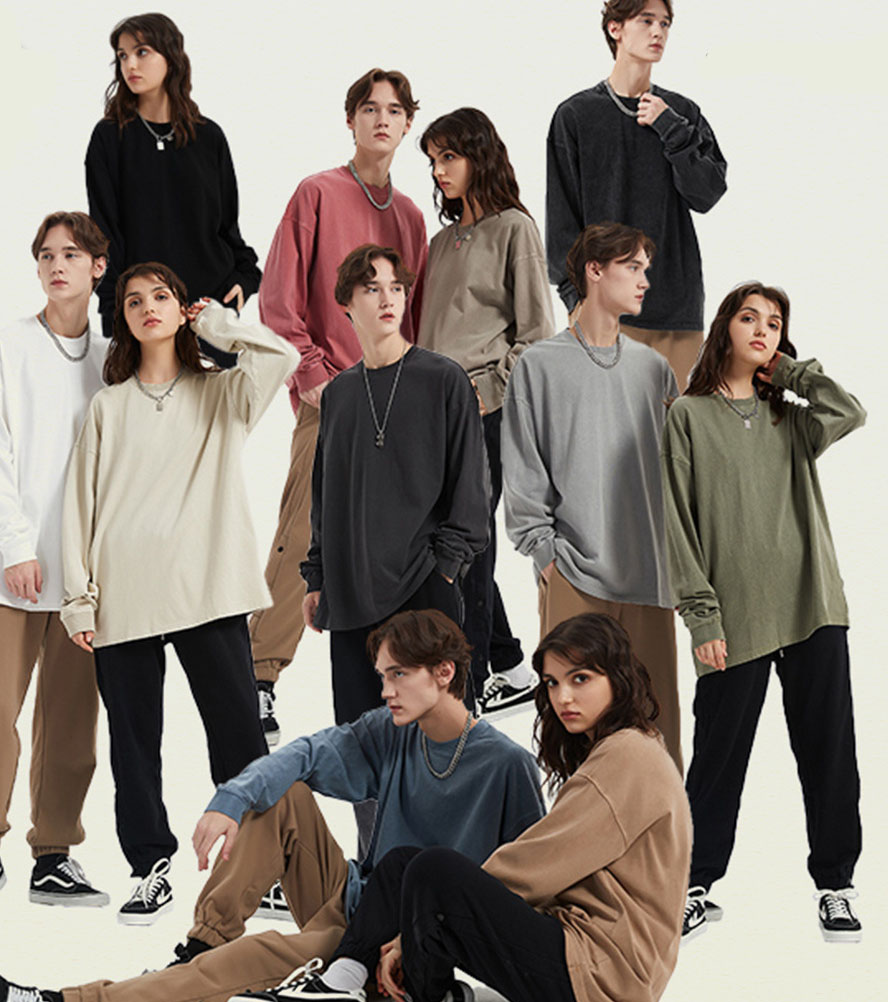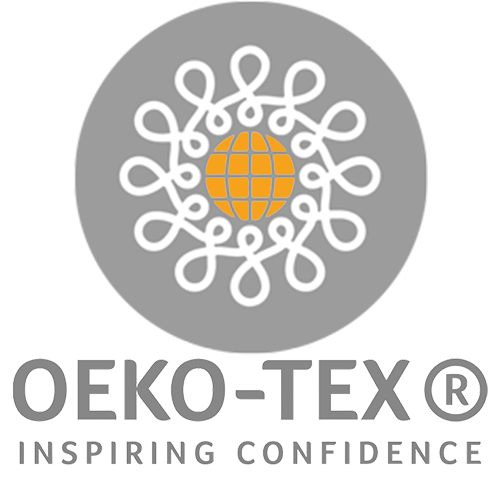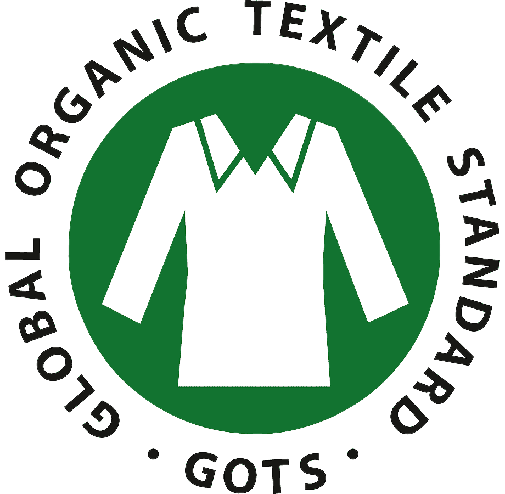Selecting the right wholesale hoodie supplier is a critical step in building a successful apparel business or securing quality products for your organization. With numerous suppliers offering varying quality, pricing, and services, it can be overwhelming to make the right choice. However, following a systematic approach can help you identify a supplier who aligns with your goals.
From evaluating product quality to understanding shipping policies, here are the top 10 tips for choosing the right wholesale hoodie supplier to ensure your partnership is seamless and profitable.
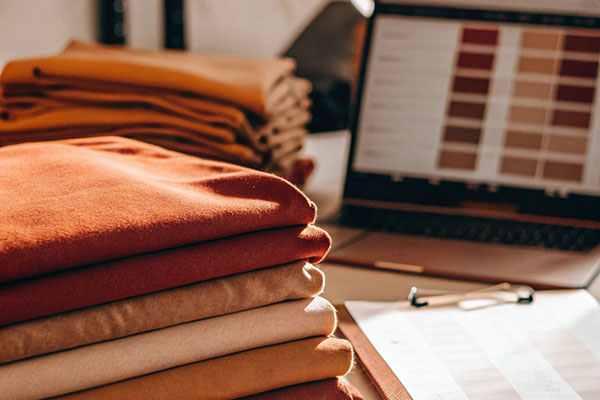
1. Assess the quality of their hoodies
How to assess hoodie quality in wholesale markets1
The quality of the hoodies you source directly impacts your brand’s reputation and customer satisfaction. Always prioritize suppliers who offer durable and comfortable products.
How to assess quality:
- Request samples: Ask for samples to evaluate fabric, stitching, and overall craftsmanship.
- Check materials: Look for fabrics like cotton, fleece, or cotton-polyester blends for durability and comfort.
- Examine details: Inspect seams, zippers, and pockets for consistency and strength.
Pro Tip: Test wash a sample hoodie to check for shrinkage, pilling, or fading.
2. Evaluate the supplier’s reputation
Best practices for verifying supplier reputation2
A supplier’s reputation provides valuable insights into their reliability and professionalism. Research thoroughly before committing to a partnership.
Steps to evaluate reputation:
- Read reviews: Check online testimonials and ratings from other buyers.
- Ask for references: Speak with existing clients to learn about their experiences.
- Look for certifications: Verify if the supplier adheres to industry standards for quality and ethical production.
3. Understand their minimum order quantity (MOQ)
Understanding MOQ and negotiation tactics3
MOQ is an essential factor, especially for smaller businesses or those testing new products. Choose a supplier whose MOQ aligns with your needs.
Questions to ask:
- What is the minimum order quantity for each style or color?
- Are there discounts for larger orders?
- Do they offer flexibility for first-time buyers?
4. Compare pricing and payment terms
While price shouldn’t be the sole factor in your decision, competitive pricing and favorable payment terms can impact your bottom line.

Tips for evaluating pricing:
- Request a price list: Ensure transparency in the pricing structure.
- Look for hidden costs: Factor in shipping fees, taxes, and additional charges.
- Negotiate terms: Inquire about discounts for bulk orders or early payments.
5. Check their production capacity
Your supplier should be able to meet your demand without compromising on quality or deadlines. This is especially important for scaling businesses.
Questions to ask:
- What is their monthly production capacity?
- Can they handle seasonal surges in demand?
- Do they offer customizations without affecting lead times?
Pro Tip: Visit the supplier’s production facility if possible, or request a virtual tour.
6. Review their customization options
Guide to customizing hoodies for resale4
Custom hoodies are an excellent way to stand out in the market. Your supplier should offer customization services like screen printing, embroidery, or heat transfer.
Customization features to look for:
- Design flexibility: Ability to accommodate your logos, patterns, or colors.
- Material options: Offer a range of fabrics and finishes for unique designs.
- Sample approval: Provide digital or physical samples before mass production.
7. Analyze their shipping and delivery process
Timely and cost-effective delivery is crucial to maintaining customer satisfaction and smooth business operations.
Shipping factors to consider:
- Lead time: How long it takes to fulfill and ship orders.
- Shipping costs: Ensure clarity on domestic or international shipping charges.
- Tracking options: Verify if they provide tracking and updates for your shipments.
Pro Tip: Choose suppliers with warehouses or distribution centers near your target market for faster delivery.

8. Confirm their return and exchange policy
Even the most reliable suppliers can occasionally deliver products with defects. A clear return and exchange policy protects your investment.
Key points to check:
- Defective items: What is their process for replacing damaged products?
- Restocking fees: Are there any fees for returned items?
- Timeframe: How long do you have to report and return issues?
9. Prioritize ethical and sustainable practices
Ethical and sustainable sourcing for apparel brands5
Consumers today increasingly value brands that prioritize sustainability and ethical sourcing. Partnering with a supplier who shares these values can enhance your brand image.
Questions to ask:
- Are their materials sustainably sourced?
- Do they follow fair labor practices?
- Do they have certifications for sustainability, such as GOTS or OEKO-TEX?
Pro Tip: Highlight these practices in your marketing to appeal to eco-conscious customers.
10. Test their communication and customer service
Effective communication ensures smooth collaboration and swift resolution of any issues. Choose a supplier who values clear and prompt communication.
Red flags to avoid:
- Delayed responses: Slow replies can indicate poor customer service.
- Lack of transparency: Avoid suppliers who withhold important details or are vague about policies.
- Unwillingness to negotiate: A good supplier should be flexible and open to discussions.
Bonus Tip: Start with a small order
If you’re unsure about a supplier, begin with a small trial order to evaluate their product quality, reliability, and overall service. This approach minimizes risk while allowing you to make an informed decision.
Conclusion
Choosing the right wholesale hoodie supplier is a crucial step in ensuring the success of your apparel business or project. By assessing quality, evaluating reputation, and considering factors like customization, pricing, and delivery, you can establish a reliable partnership that meets your needs. Taking the time to research and communicate effectively with potential suppliers will set the foundation for a successful and hassle-free experience.
-
Find tips for checking fabric, stitching, and overall craftsmanship before bulk ordering. ↩
-
Discover methods to research a potential supplier’s reliability, including reading reviews. ↩
-
Learn how different MOQ policies can affect pricing and order flexibility. ↩
-
Explore the range of customization options like screen printing, embroidery, and more. ↩
-
Understand the importance of fair labor and eco-friendly certifications in garment production. ↩


